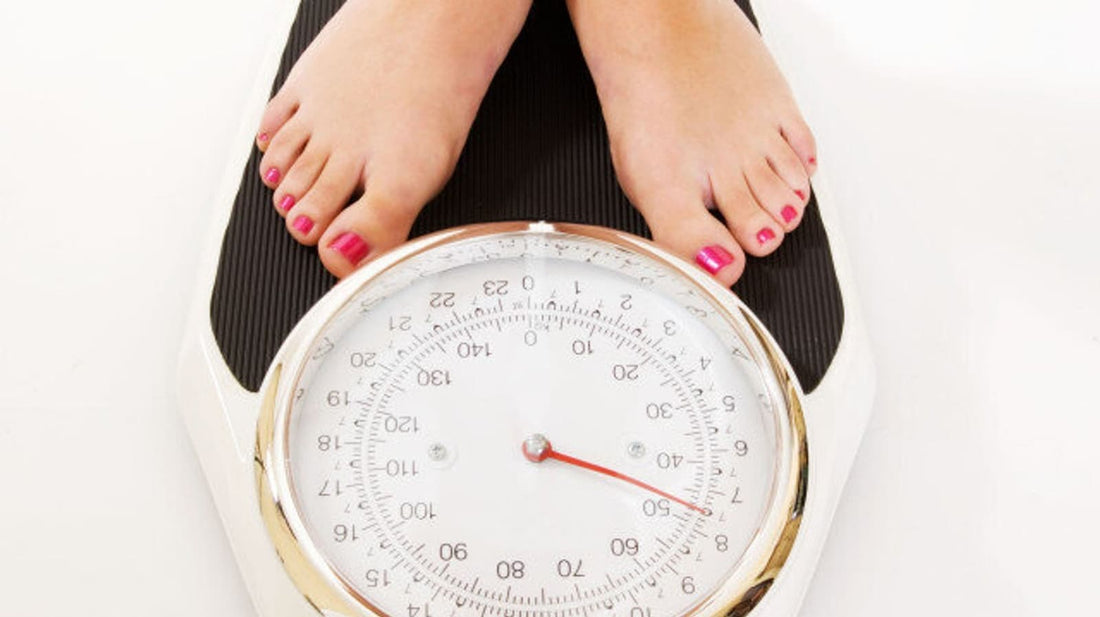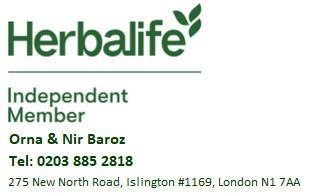
Weight Loss vs Fat Loss: The Difference, Explained
Share
The internet is full of plans that aim to help you lose weight quickly. Some require a controlled diet, others require eating at fixed hours. But does losing weight mean that you automatically lose fat or inches around your waist? There is a clear difference scientific between weight loss vs fat loss, which is what we are outlining below.
What Is Weight Loss?
Weight loss is a decrease in your overall body weight. This weight includes muscle, fat, and water in your body.
What Is Fat Loss?
Here’s the main difference between weight loss and fat loss: fat loss refers to weight loss from fat, and it’s a more specific and healthful goal than weight loss. Most of the time, when we talk about wanting to lose weight, we’re really talking about wanting to lose fat. This is not only because excess fat is potentially dangerous but also because you don’t want to get rid of lean tissue.
Weight Loss Vs Fat Loss
The weight loss vs fat loss difference requires deeper discussion. Fat loss is more specific than weight loss. We can lose body fat by reducing calories, just like with weight loss. The quality of food we consume for fat loss, vs weight loss, is more important. We need to be more specific about our macronutrient intake, i.e. protein, carbohydrate and fat intake.
The goal to successful weight loss vs fat loss is to preserve as much muscle as possible, or possibly even gain some, while at the same time lose as much body fat as possible. Your body fat percentage is a key indicator of your success, not the scale. In fact, stay off the scale.
The Focus: Fat Loss, Not Weight Loss
In the battle of weight loss vs fat loss, you should focus on fat loss. Most weight loss programs will help you lose weight - but much of it will be in the form of water and muscle. And as we mentioned above, real success in keeping the kilos off for good lies in preserving muscle while doing away with fat. That’s why it is important to understand the difference between weight loss vs fat loss and eat a diet and follow a regimen that helps keep fat off.
Why You Need To Maintain Healthy Muscle Mass
Losing muscle has detrimental effects, because losing weight in the form of muscle can lower the number of calories you burn at rest, making it easier to regain any weight you may have lost as fat. The more muscle you have, the more calories you burn while resting.
Maintaining a healthy percentage of muscle has numerous benefits, such as:
- Maintaining healthy fat levels in the blood (triglycerides and cholesterol)
- Regulating healthy blood sugar levels
- Controlling inflammation
Several studies have linked a higher fat-to-muscle ratio to chronic diseases like metabolic syndrome, heart disease, and diabetes). It also lowers your risk of age-related muscle loss, which can lead to certain disabilities.
How To Lose Fat While Retaining Muscle
In the battle of weight loss vs fat loss, the key is losing the flab while retaining (and even building) muscle. There are a few simple ways to ensure you’ll lose weight in the form of fat and either maintain or gain muscle mass:
Protein:
Protein is an important nutrient for everyone (not just athletes and bodybuilders), and a key component of fat loss. That doesn’t mean you need to start drinking protein shakes every day. Most people can get the protein they need from a healthy and balanced diet. Protein is essential to building bones and plays a part in metabolic reactions, immune response, assists in cellular repair, forms blood cells, and more.
Protein is also important for maintaining the muscle you have and supporting new muscle growth, especially when losing weight. A high-protein diet reduces hunger, helping you eat fewer calories. The recommended dietary allowance for protein is 0.8-1.2 grams per kg of body weight per day.
